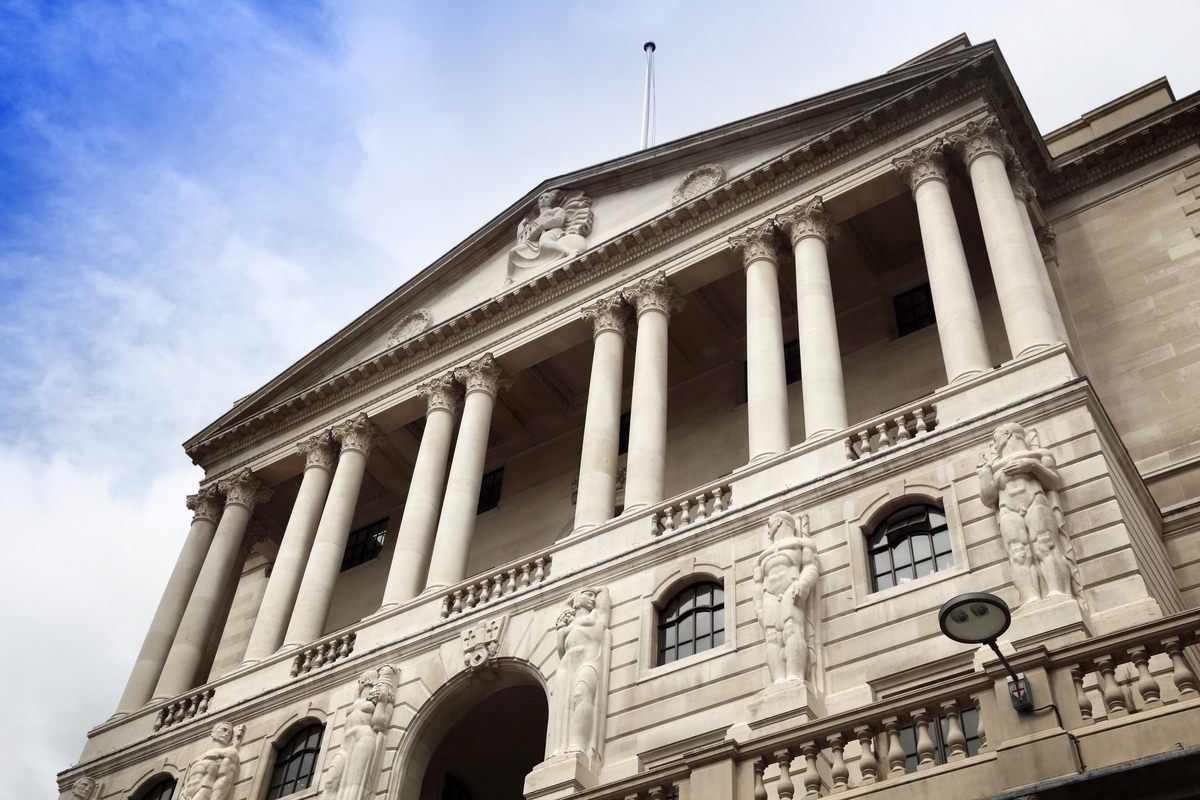Dear visitor,
You're reading 1 of your 3 free news articles this quarter
Register with us for free to get unlimited news, dedicated newsletters, and access to 5 exclusive Premium articles designed to help you stay in the know.
Join the UK's leading credit and lending community in less than 60 seconds.
Banks to face energy default stress tests
The largest banks in the UK are going to be tested on their ability to withstand a rise in defaults linked to increasing energy prices.

Senior Journalist, covering the Credit Strategy and Turnaround, Restructuring & Insolvency News brands.
According to The Guardian, the tests are part of the Bank of England’s health check of the financial industry. As part of this, it’s crafted a new crisis scenario that will feature a deep economic recession, which has been punctuated by soaring energy bills that could make it harder for some borrowers to afford loan repayments.
It will also feature a drop in asset prices, a further jump in interest rates and soaring costs to cover misconduct, with any lenders deemed “too weak” to cover these eventualities being forced to raise billions of pounds in capital to strengthen their finance.
The outlet said the Prudential Regulation Authority is preparing to release the details of its stress-test scenario in the coming weeks. And, while its annual stress-test exercise usually features a severe economic downturn, this will be the first time banks are forced to prove they can withstand the effects of an energy crisis.
The bank has run annual stress tests on the UK banking sector since 2013 as a response to the financial crisis. This year’s results have, however, been delayed - being released six months later than normal with the central bank having postponed the exercise in March to give lenders some breathing space following the financial disruptions caused by the war in Ukraine.
In July, its financial policy committee said lenders had “considerable capacity” to keep lending despite the deteriorating economic outlook. Despite this, it warned the war could have a knock-on effect on energy-hungry businesses, including the transport and manufacturing sectors.
When contacted by The Guardian, the Bank of England declined to comment on the pending details of the stress-test scenario.
Stay up-to-date with the latest articles from the Credit Strategy team
Get the latest industry news






